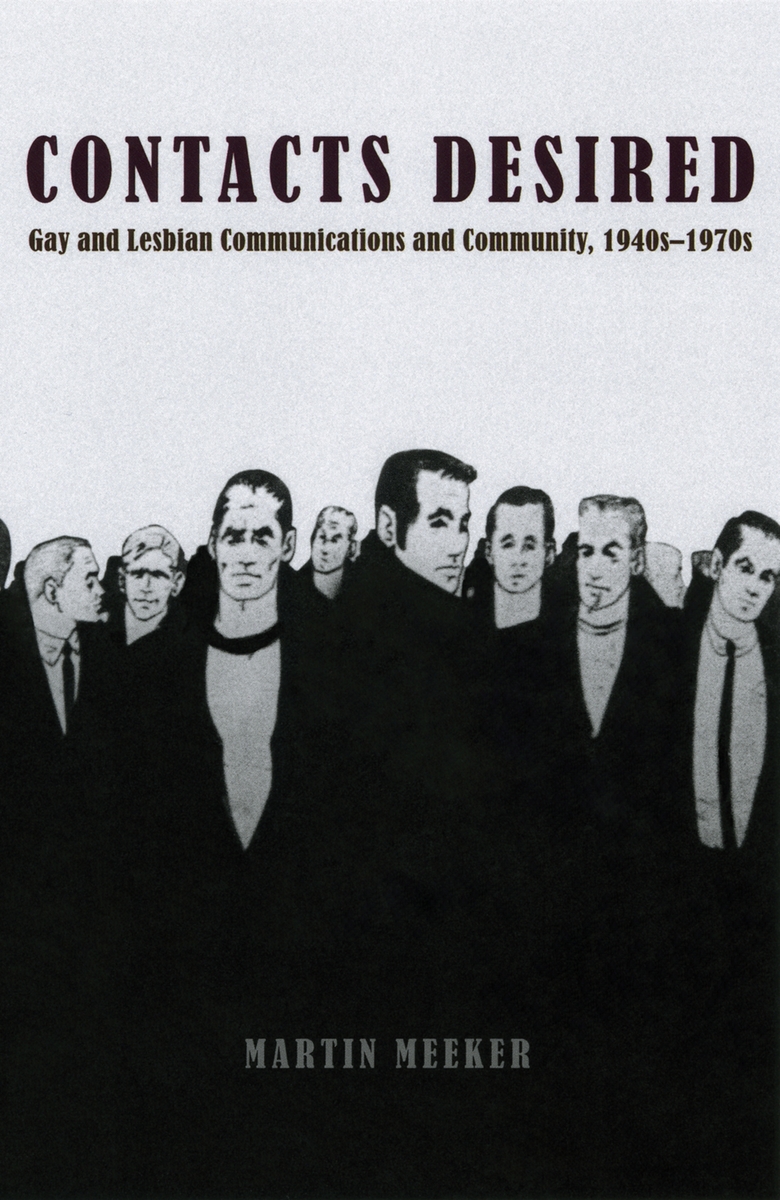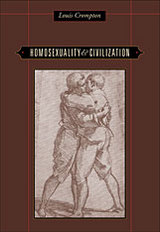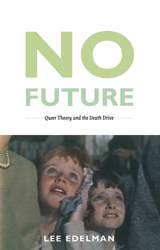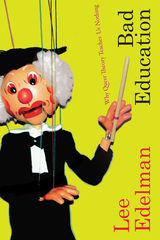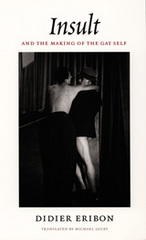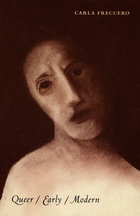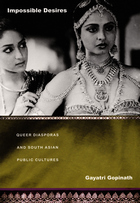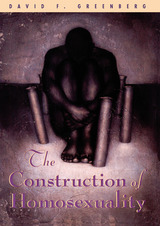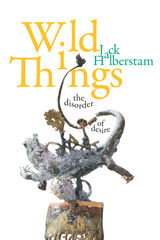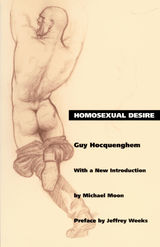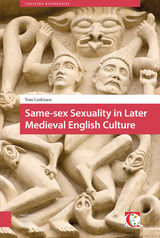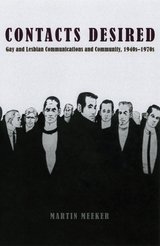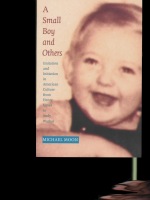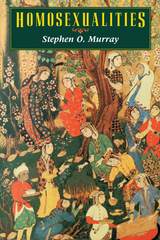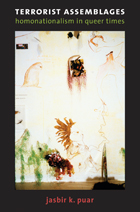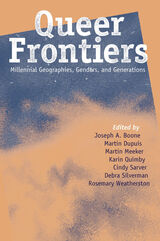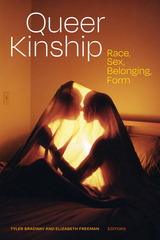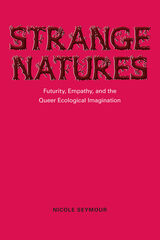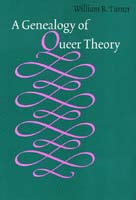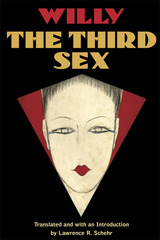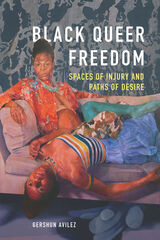Contacts Desired: Gay and Lesbian Communications and Community, 1940s-1970s
University of Chicago Press, 2006
Paper: 978-0-226-51735-3 | Cloth: 978-0-226-51734-6
Library of Congress Classification HQ76.25.M44 2006
Dewey Decimal Classification 306.7660904
Paper: 978-0-226-51735-3 | Cloth: 978-0-226-51734-6
Library of Congress Classification HQ76.25.M44 2006
Dewey Decimal Classification 306.7660904
ABOUT THIS BOOK | AUTHOR BIOGRAPHY | REVIEWS | TOC | REQUEST ACCESSIBLE FILE
ABOUT THIS BOOK
Whether one thinks homosexuals are born or made, they generally are not born into gay families, nor are they socialized to be gay by their peers or schools. How then do people become aware of homosexuality and, in some cases, integrate into gay communities? The making of homosexual identity is the result of a communicative process that entails searching, listening, looking, reading, and finding. Contacts Desired proposes that this communicative process has a history, and it sets out to tell that story.
Martin Meeker here argues that over the course of the twentieth century, a series of important innovations occurred in the networks that linked individuals to a larger social knowledge of homosexuality. He points to three key innovations in particular: the emergence of the homophile movement in the 1950s; the mass media treatments of homosexuals in the late 1950s and early 1960s; and the popularization of do-it-yourself publishing from the late 1940s to the 1970s, which offered bar guides, handmade magazines, and other materials that gay men and lesbians could use to seek one another out. In the process, Meeker unearths a treasure trove of archival materials that reveals how homosexuals played a crucial role in transforming the very structure of communications and urban communities since the postwar era.
Martin Meeker here argues that over the course of the twentieth century, a series of important innovations occurred in the networks that linked individuals to a larger social knowledge of homosexuality. He points to three key innovations in particular: the emergence of the homophile movement in the 1950s; the mass media treatments of homosexuals in the late 1950s and early 1960s; and the popularization of do-it-yourself publishing from the late 1940s to the 1970s, which offered bar guides, handmade magazines, and other materials that gay men and lesbians could use to seek one another out. In the process, Meeker unearths a treasure trove of archival materials that reveals how homosexuals played a crucial role in transforming the very structure of communications and urban communities since the postwar era.
"Contacts Desired is a valuable and enduring work of scholarship, surely the best book in gay and lesbian history this year."--Gay and Lesbian Review
See other books on: Gay | Gay liberation movement | Gay people | Gays | Social networks
See other titles from University of Chicago Press
